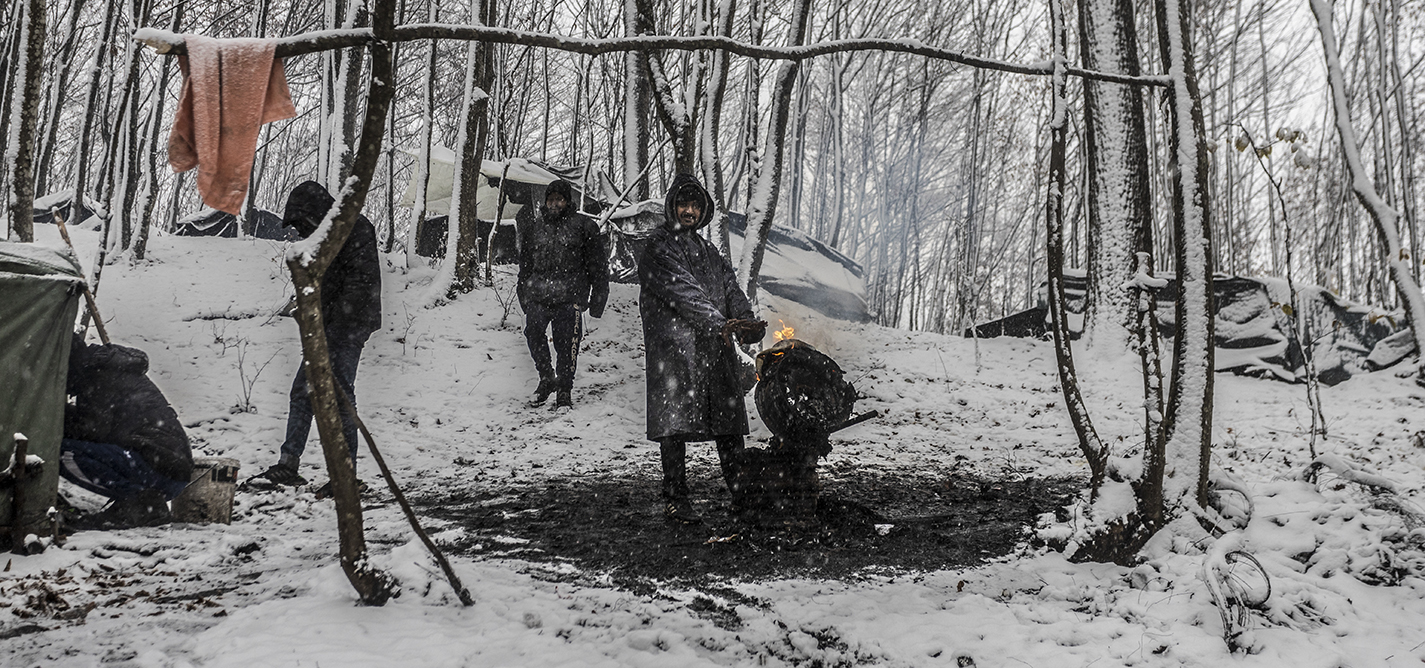
Hopelessness and a sense of imminent crisis
Amnesty International researcher on a ‘predictable and entirely avoidable’ crisis.
Local activists who gave food, clothes and medicines to those in need have been subjected to concerted smear campaigns and even death threats.
In Bosnia, it is unclear who is actually in charge of the existing camps.
Countries on the EU’s external borders have all employed violence and violated EU laws to stop transit through their countries.

Jelena Sesar
Jelena Sesar is Amnesty International’s researcher for the Balkans and EU based in London.
This story was originally written in English.